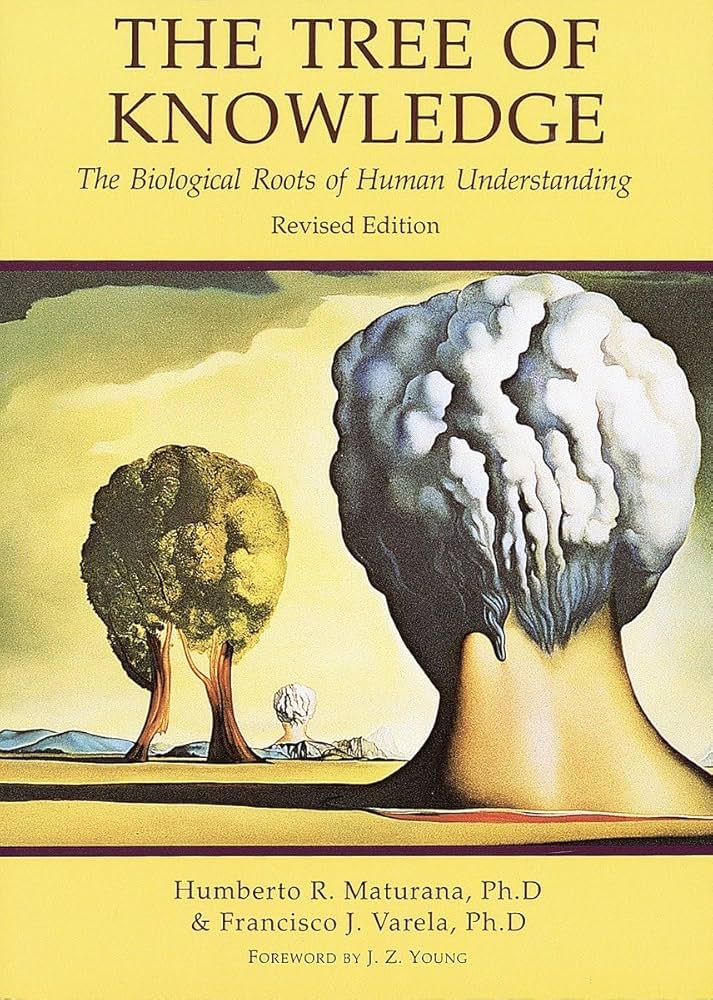
Descartes' Error: Emotion, Reason and the Human Brain
Book Description
What if emotions hold the key to reason itself? In "Descartes' Error," António Damásio shatters the age-old dichotomy between mind and body, revealing the profound interconnection between feelings and rational thought. Through gripping case studies and cutting-edge neuroscience, he unravels how our emotions influence decisions, shape our identities, and drive human behavior. As the shadows of philosophy mingle with scientific discovery, a revolutionary truth emerges: logic is not the enemy of emotion, but its faithful companion. Can understanding this dynamic transform our lives and societies? Dive in to discover the captivating link between heart and mind.
Quick Book Summary
"Descartes' Error" by António Damásio challenges the longstanding philosophical split between mind and body, famously encapsulated by René Descartes' "I think, therefore I am." Damásio draws on neuroscience and compelling clinical cases to reveal that emotions are not separate from rational thought; instead, they are fundamentally integrated. He demonstrates that emotion is necessary for sound decision-making, debunking the notion that pure reason alone guides human behavior. Through studies of patients with brain damage affecting emotional processing, Damásio shows that, in the absence of emotion, even intelligent individuals struggle to make decisions. The book argues for a new understanding of self and consciousness, one where feelings, embodied experiences, and rationality work together. This powerful insight has deep implications for philosophy, psychology, medicine, and our personal lives.
Summary of Key Ideas
Table of Contents
The Interdependence of Reason and Emotion
Damásio begins by exploring the historical context of the mind-body dualism championed by René Descartes. For centuries, Western thought promoted the idea that reason and emotion were fundamentally distinct—reason being the higher faculty, capable of overriding or ignoring emotion. Damásio argues that this dichotomy is ill-founded, setting the stage for his exploration into the ways that brain, body, and mind are inextricably linked. The philosophical debate is substantiated with recent developments in neuroscience that challenge the separation of cognitive and emotional processes.
The Role of the Body in Shaping the Mind
Central to the book is the analysis of patients who, after suffering brain injuries (especially to the frontal lobes), lost the ability to feel emotion while retaining logic, memory, and intelligence. These case studies, such as the famous case of Phineas Gage, reveal that such individuals struggle to make decisions—even seemingly simple ones. Despite their logical prowess, the absence of emotional guidance paralyzes them, illustrating that emotions are critical for evaluating options, setting priorities, and ultimately making choices. Damásio introduces his "somatic marker hypothesis," which posits that bodily feelings (somatic markers) associated with previous experiences help us assess possible outcomes and steer us away from harmful choices.
The Somatic Marker Hypothesis
Using findings from neuroscience, Damásio demonstrates how emotional and rational processes are not isolated in the brain, but rather intertwined through neurobiological circuits. Structures such as the amygdala, prefrontal cortex, and brainstem form networks where emotions emerge from bodily responses and impact reasoning. Emotions are shown to be the brain's means of translating bodily states into mental experiences, highlighting the importance of the "embodied mind." The body is not a mere vessel for the brain; instead, it actively shapes mental states and behavior through constant feedback.
Lessons from Brain Damage and Case Studies
Beyond the clinical and scientific perspectives, Damásio delves into the implications for understanding the self. Consciousness emerges from the dynamic interplay between the brain's representation of the body and the emotional experiences it processes. The book suggests that ethical behavior, social functioning, and moral reasoning require healthy emotional capacities. Damásio's view rebuts the romanticized image of the detached rational thinker and contends that to be fully human is to integrate feeling and logic.
Implications for Self, Society, and Ethics
Ultimately, "Descartes' Error" argues for a holistic understanding of human thought and experience. Damásio proposes a new paradigm in which emotion and reason together drive adaptive, intelligent behavior. This has far-reaching consequences for philosophy, psychology, medicine, and even public policy, as it invites us to reconsider the ways we value emotion in our personal decisions and collective life. Understanding the mind-body connection, Damásio concludes, enriches our appreciation of what it means to be human.
Download This Summary
Get a free PDF of this summary instantly — no email required.





